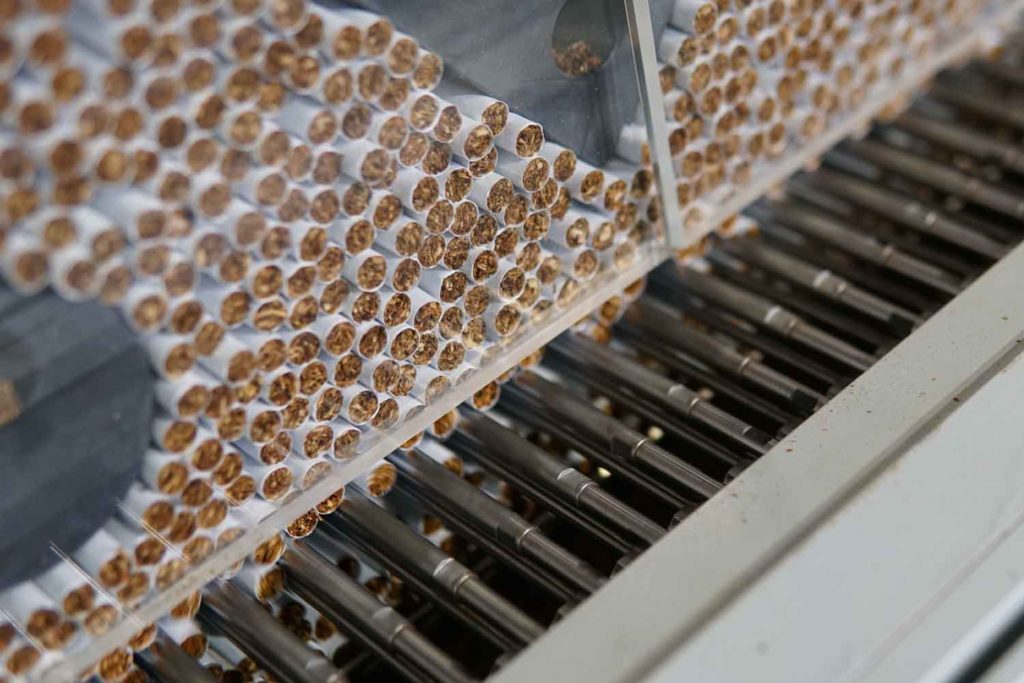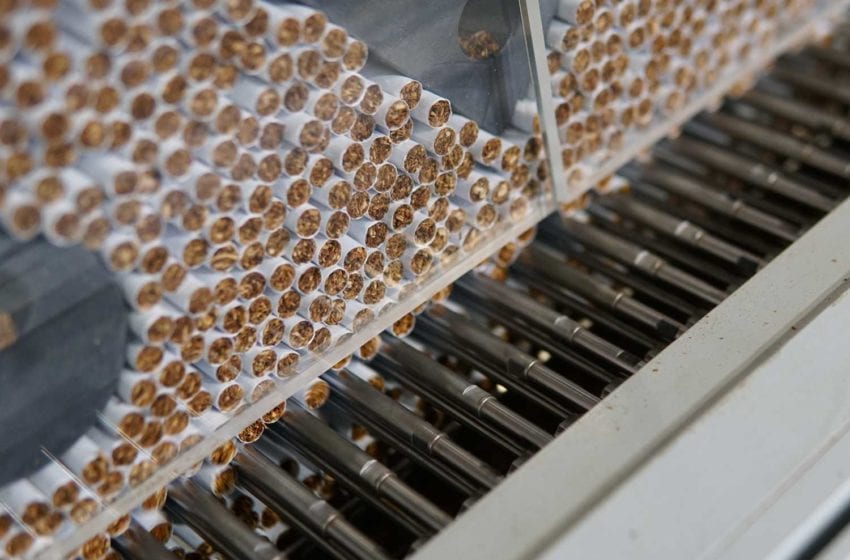
Japan Tobacco International will invest $40 million over the next three years in its Torbali factory in Turkey, reports Merhaba.
“We are constructing a new tobacco processing building, and the installation of two cigarette manufacturing machines has been completed,” said JTI Turkey Engineering Director Barış Tevattepe. “Our solar energy installation plans have also started as part of our sustainability goals.”
Located on 250 acres with 94,000 square meters of covered space, Torbali is the third-largest factory in the JTI network, according to Tevattepe.
According to JTI Turkey Regional Operations Leader Wojciech Odzimek, many innovations within JTI originated in Torbali. “We lead the industry in exports,” he said. “This facility is also a talent pool and center of excellence for JTI. Many individuals trained here have the opportunity to work in JTI’s factories in other countries. We have a team of 2,900 people in Turkey, generating great value for the country and region through production, employment, exports and taxes.”
JTI Turkey Production Director Sarper Ege Ulukaya expects a record production volume at Torbali this year. “We are set to reach 54 billion units, with 28 percent of this being exported,” he said.
“We are also growing in the domestic market. Our factory has improved efficiency through integrated management systems. We started these efforts in 2020 and achieved a 3 percent performance increase, which significantly contributed to our production records. Other JTI facilities come here to observe best practices. We have a young team, making it easy to adapt to innovations.”


















